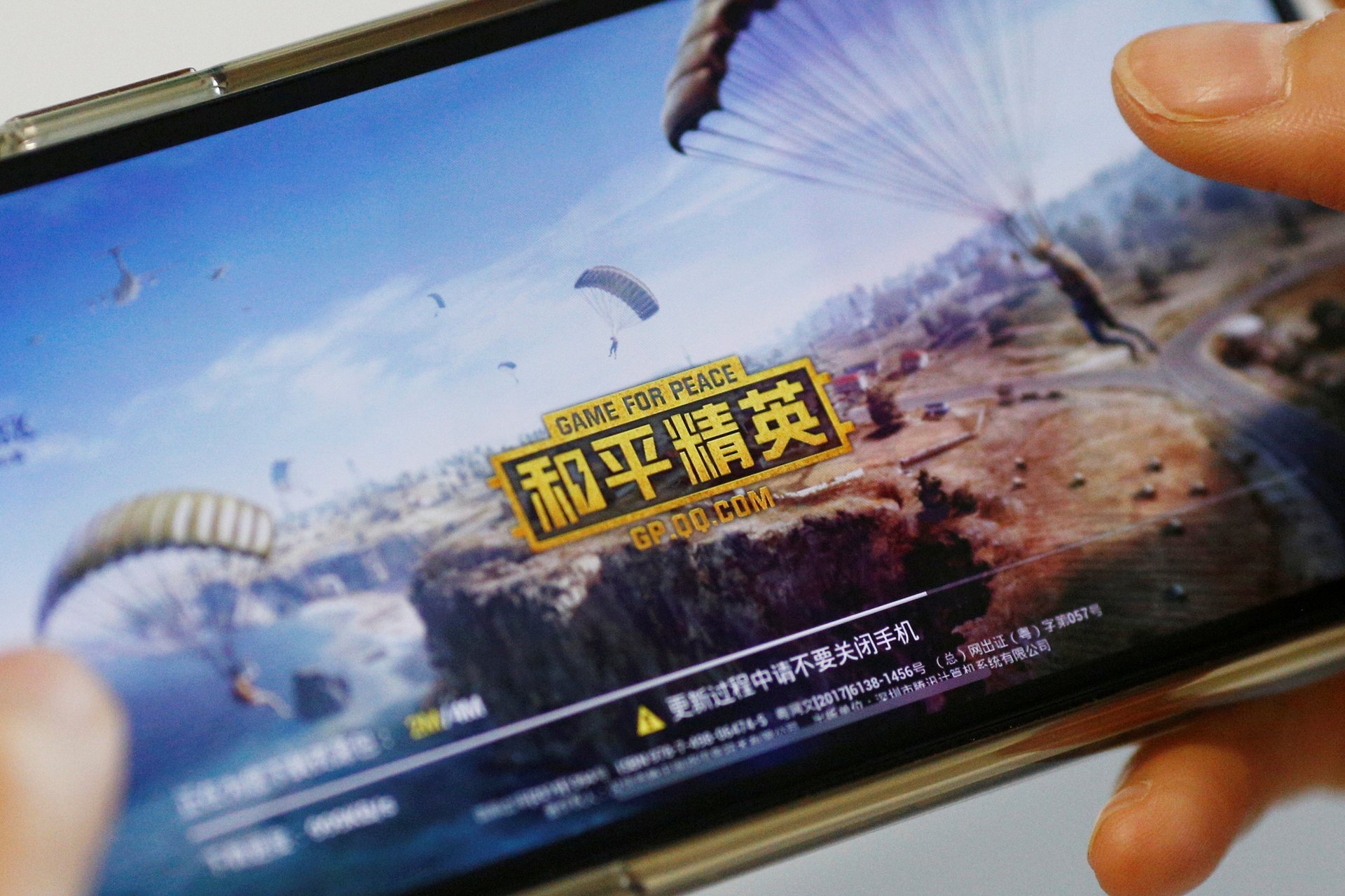China is no longer allowing kids to play online video games on weekdays
The Chinese government announced far-reaching restrictions on minors playing video games, a move that further exacerbates tensions between the powerful central government and its tech sector.


The Chinese government announced far-reaching restrictions on minors playing video games, a move that further exacerbates tensions between the powerful central government and its tech sector.
Under the new regulations unveiled by China’s National Press and Publication Administration Aug. 30, children under 18 will not be allowed to play video games from Monday through Thursday and only between 8pm and 9pm on Friday, Saturday, and Sunday: A maximum of three hours a week. The policy only applies to online games and users will need to register using their real names and government identification.
The government has limited video game use previously, like in 2019, when it banned children from playing after 10pm and for more than 90 minutes a day. At that time, it also limited in-game spending from minors to around $57 a month. Last month, a state-run media outlet called video games “spiritual opium,” causing gaming leader Tencent and its competitors’ stock prices to fall.
Since China shuts out outside video game companies, the new rules will affect Chinese companies, namely Tencent, which is the world’s largest gaming firm by revenue. Tencent also owns the Chinese app WeChat and has a foothold in the US gaming market, as it owns a majority stake in Riot Games, the makers of League of Legends, and a minority stake in Epic Games, which makes Fortnite and the popular gaming engine Unreal.
A crackdown on tech
But the animosity has not been limited to video game companies. China’s government has grown wary of the power, wealth, and influence of its own tech sector and dealt a series of blows to its leading firms in recent months.
Last November, Chinese regulators squashed the IPO of leading fintech company Ant Group, which owns the popular app AliPay. Then in the spring, China pulled ride-hailing app Didi from app stores just after its own IPO, claiming users’ personal data was at risk. Regulators have also proposed stringent new rules to curb the way in which many Chinese tech firms raise capital in foreign markets: the variable interest entity (VIE) designation, which allows Chinese corporations to set up foreign shell companies to list on US stock exchanges. In the future, the government could require approval for any foreign listings.
These slights on the tech sector have added up to hundreds of billions of dollars lost in the Chinese tech sector and a slew of shelved IPOs, like one from TikTok parent company ByteDance.